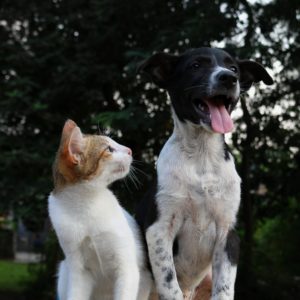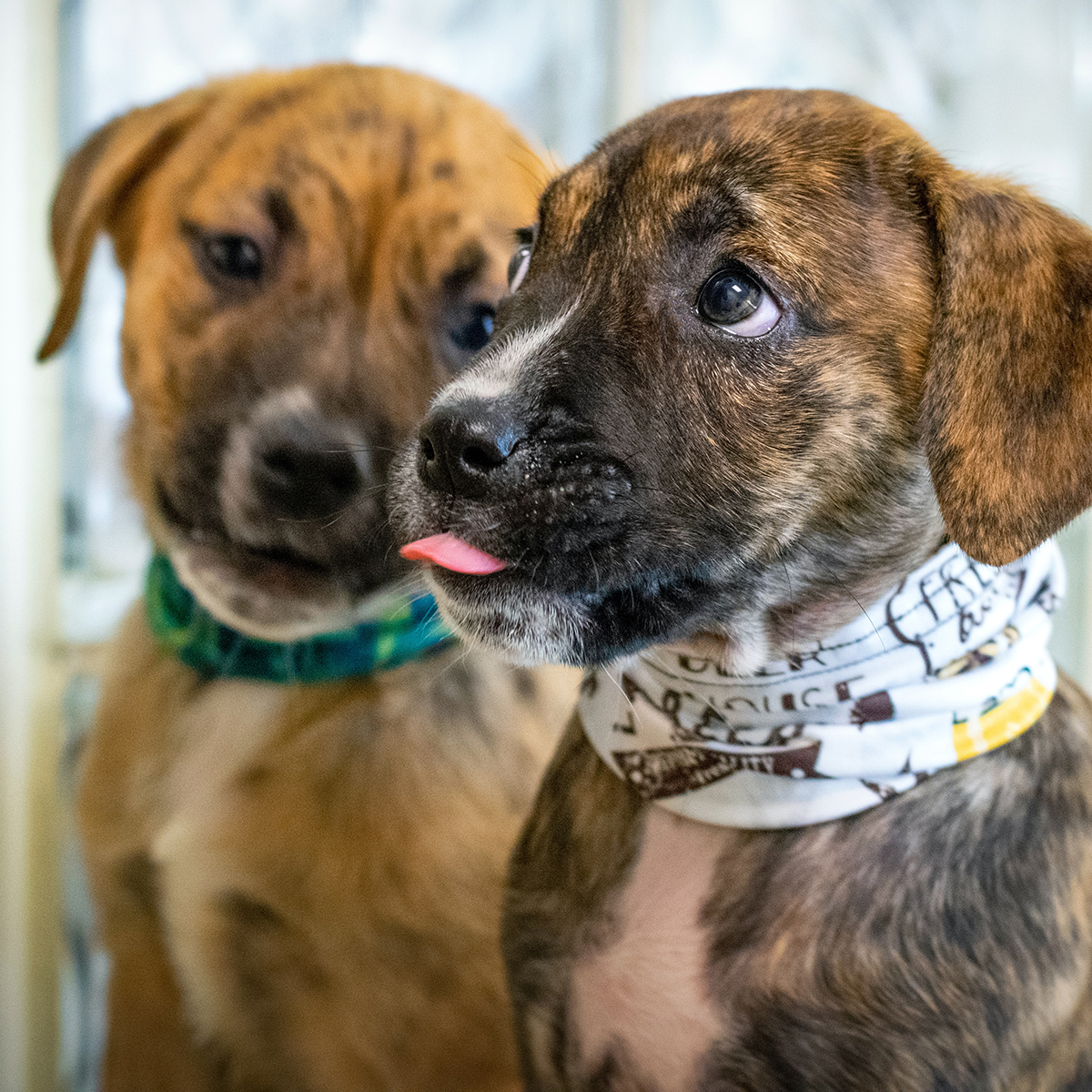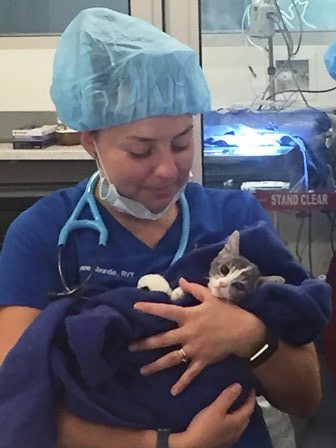
The Foundation strongly urges all pet owners to spay or neuter their pets. This is the best way to reduce the number of unwanted animals born in our communities. The Foundation subsidizes low-cost spay/neuter efforts for pet owners in the Department’s jurisdiction. To find out more about these programs, please visit the Department’s website for information on current program activities:
http://animalcare.lacounty.gov/wps/portal/acc/programs/spay/
Benefits of Spaying (females):
- No “heat” cycles. Thereby avoiding attracting unwanted male canine suitors and efforts to escape from yard or home because of breeding instincts.
- Decreased desire to roam. Altered females are not bothered by cyclical urges to seek a mate.
- The risk of mammary gland tumors and ovarian/uterine cancer is reduced or may be eliminated, especially if done before the first “heat” cycle. Your female dog or cat does not “need” to have a litter. Her human family can provide the love and attention she requires to have a happy and full life.
- Reduced number of unwanted kittens/puppies, which results in thousands of animals being homeless. Dogs and cats do not maintain a lifetime commitment as parents. Once the offspring are approximately two months old, they are weaned and must be placed in homes. Reproduction can begin in cats as early as four months and by six months in dogs.
- Helps dogs and cats live longer, healthier lives by reducing health/safety risks.

Benefits of Neutering (males):
- Reduces or eliminates spraying (cats) and marking (dogs).
- Less likely to roam; therefore, less likely to be injured in fights or auto accidents.
- Risk of testicular cancer is eliminated and incidents of prostate disease are decreased.
- Reduced number of unwanted puppies/kittens which may end up in animal care centers or the streets.
- Helps dogs and cats live longer, healthier lives by reducing health/safety risks.

Top 3 Reasons to Spay or Neuter
- It helps reduce companion-animal overpopulation. Most countries have a surplus of companion animals and are forced to euthanize or disregard their great suffering. The surplus is in the tens of millions in the United States. For every human birth, approximately 45 cats and 15 dogs are also born. There are just not enough homes for all these animals, and a large percentage end up in animal care centers.
- Sterilization of your cat or dog will increase his/her chance of a longer and healthier life. Altering your canine friend may actually increase his/her life an average of one to three years and extend feline lives three to five years. Altering animals lowers or eliminates the risk of mammary-gland tumors/cancer (especially when done prior to the first “heat” cycle), prostate cancer, perianal tumors, pyometria and uterine/ovarian or testicular cancers. Additionally, the behaviors that develop in an unaltered dog or cat as a result of hormonal cycles and changes can be embarrassing and sometimes unsafe. Male dogs that have not been neutered are statistically three times more likely to bite.
- Spaying or neutering your cat/dog makes a better pet, reducing his/her urge to roam, decreasing the risk of contracting diseases in the streets or being hurt in fights or by traffic. Surveys indicate that up to 85 percent of dogs hit by cars are unaltered. Unaltered cats are difficult to keep indoors and roaming cats generally have vastly decreased life spans due to diseases and injuries. For instance, Feline Immunodeficiency Syndrome is spread by bites, and intact cats are more likely to fight than those that are altered. Veterinary bills related to such injuries can place an overwhelming economic drain on owners and result in unnecessary suffering by the pet.
Additional Benefits:
- “Your community will also benefit. Unwanted animals are becoming a very real concern in many places. Stray animals can easily become a public nuisance, soiling parks and streets, ruining shrubbery, frightening children and elderly people, creating noise and other disturbances, causing automobile accidents, and sometimes even killing livestock or other pets.”
– The American Veterinary Medical Association - “The capture, impoundment and eventual destruction of unwanted animals costs taxpayers and private humanitarian agencies over a billion dollars each year. As a potential source of rabies and other less serious diseases, they can be a public health hazard.”
– The American Veterinary Medical Association



